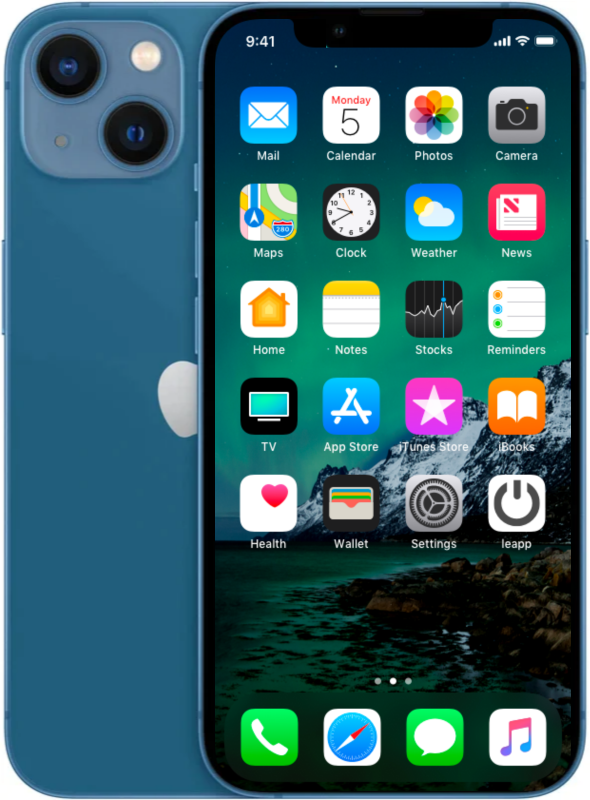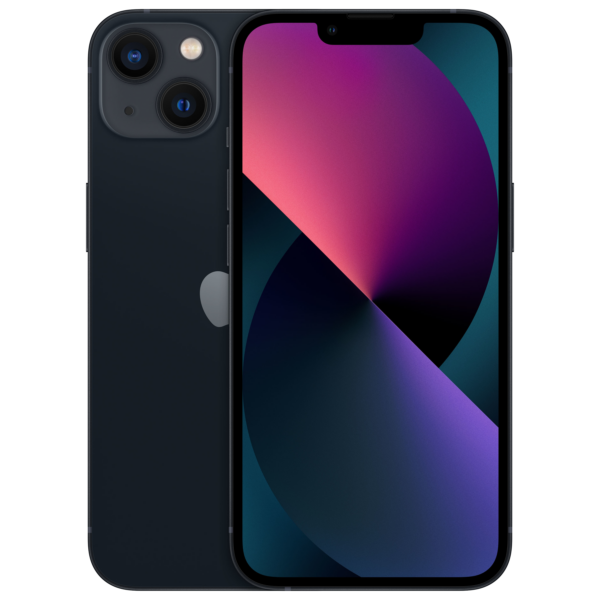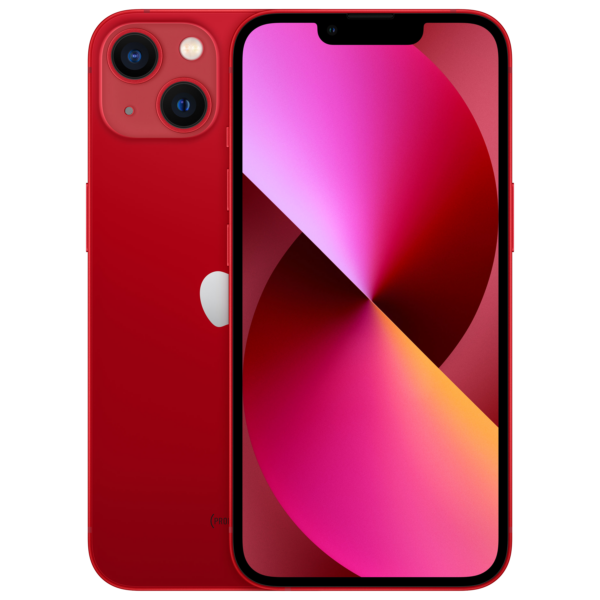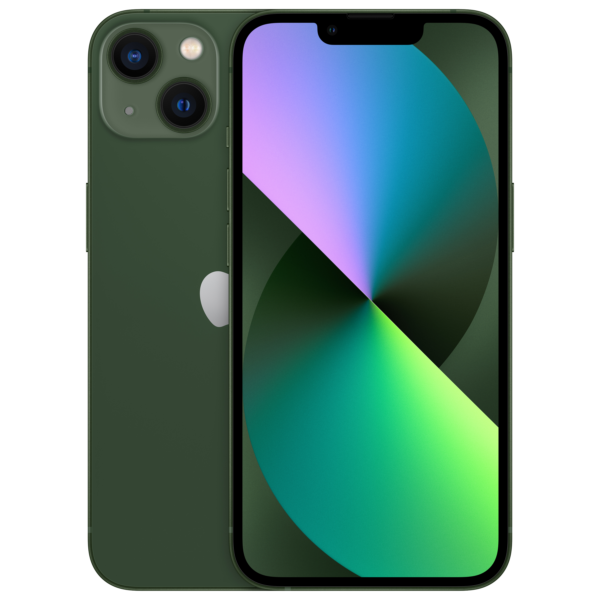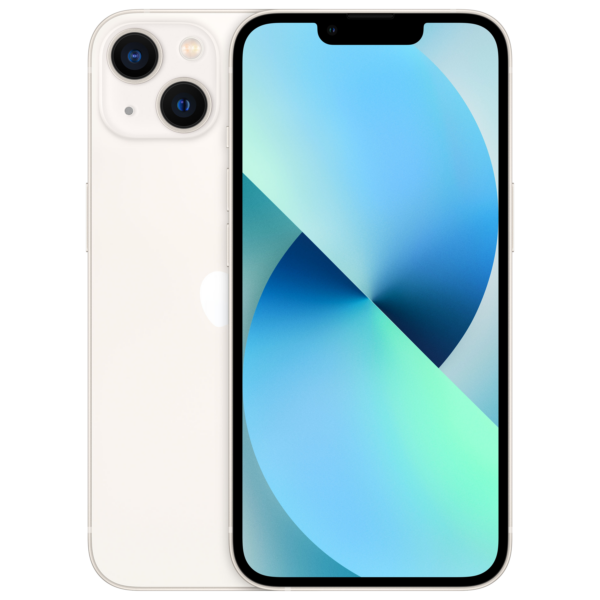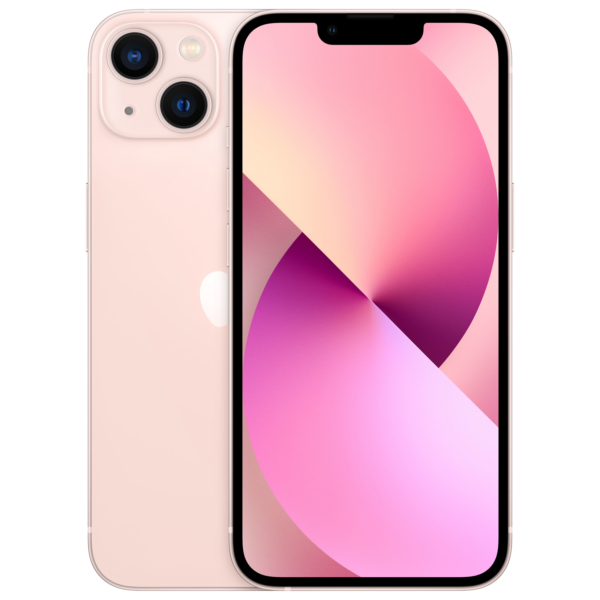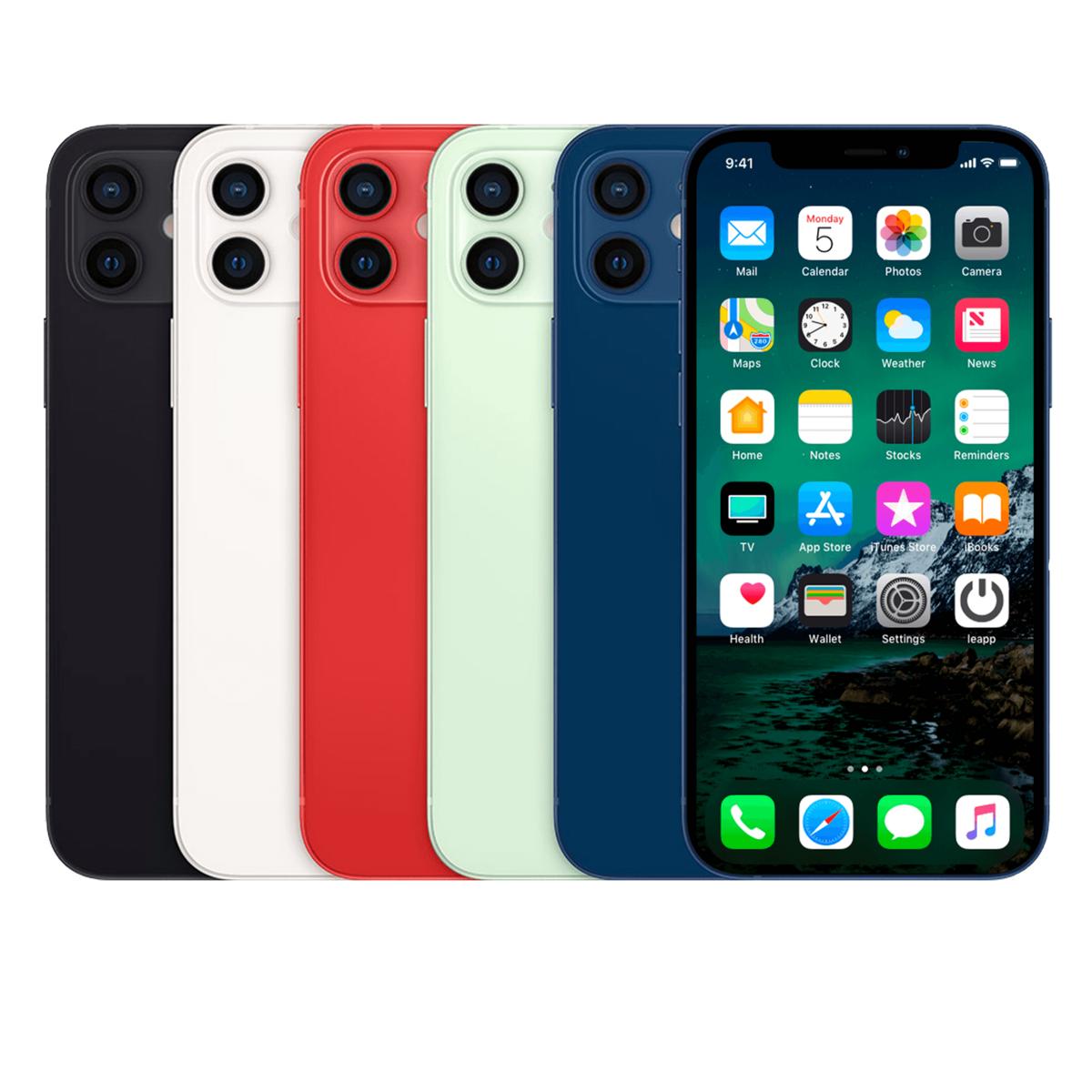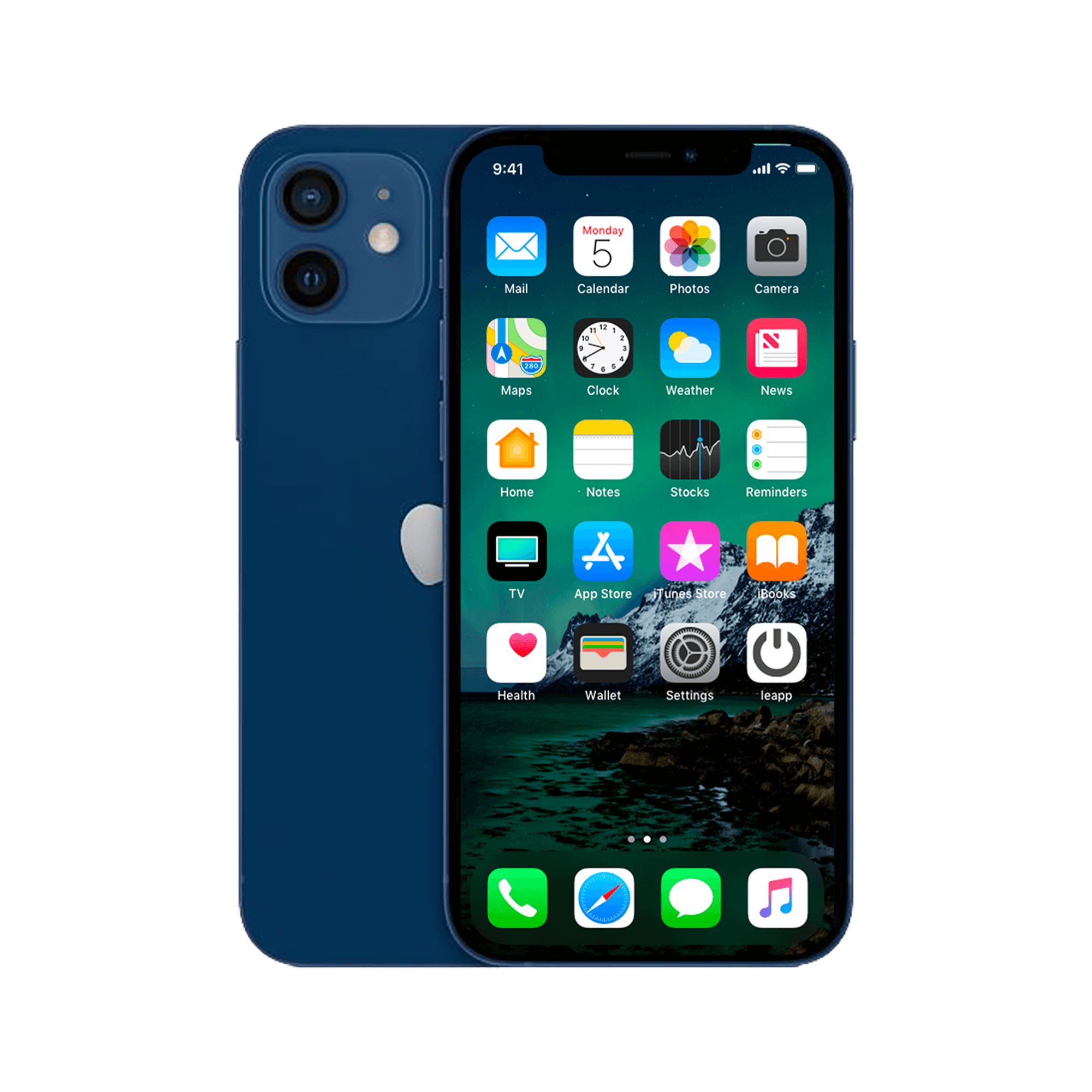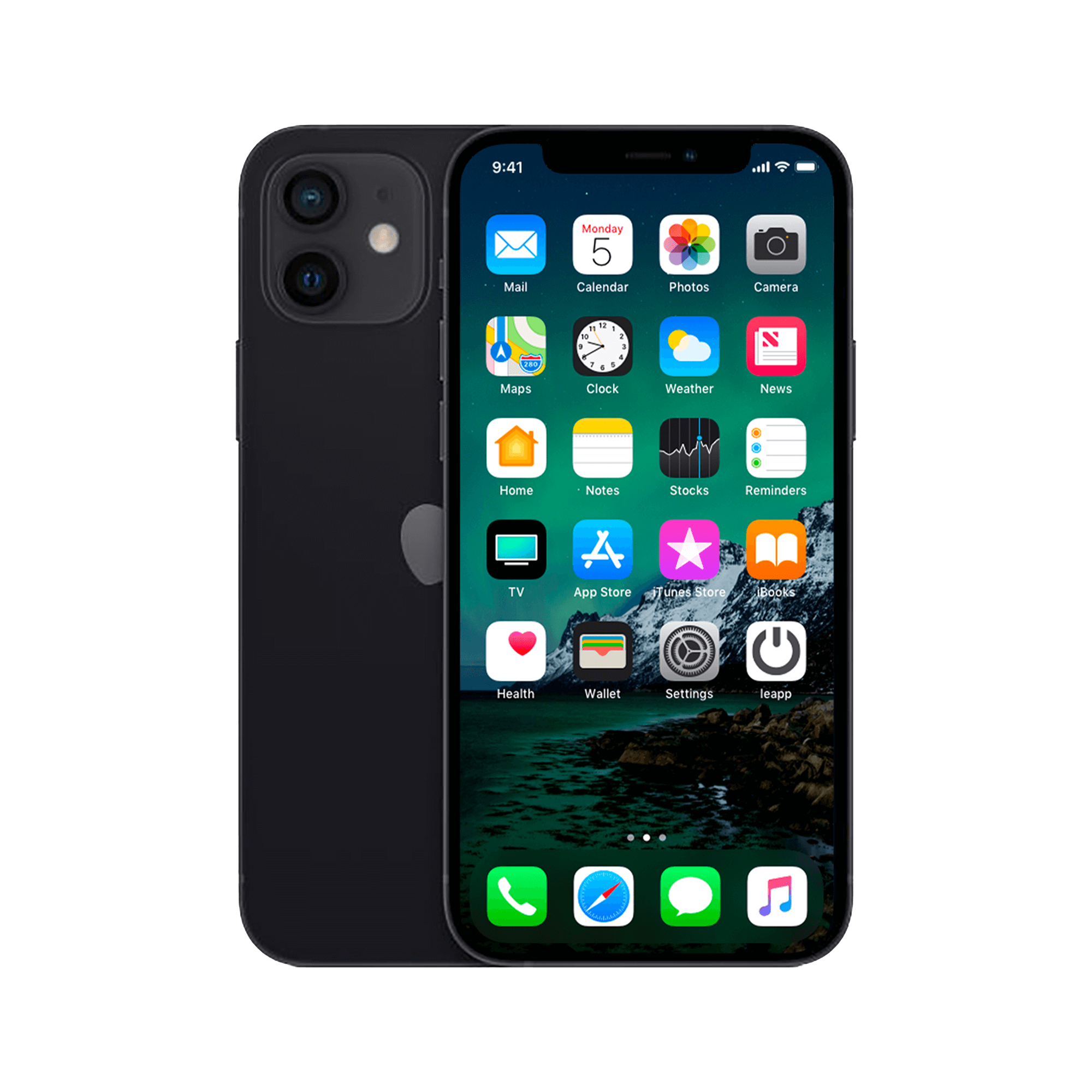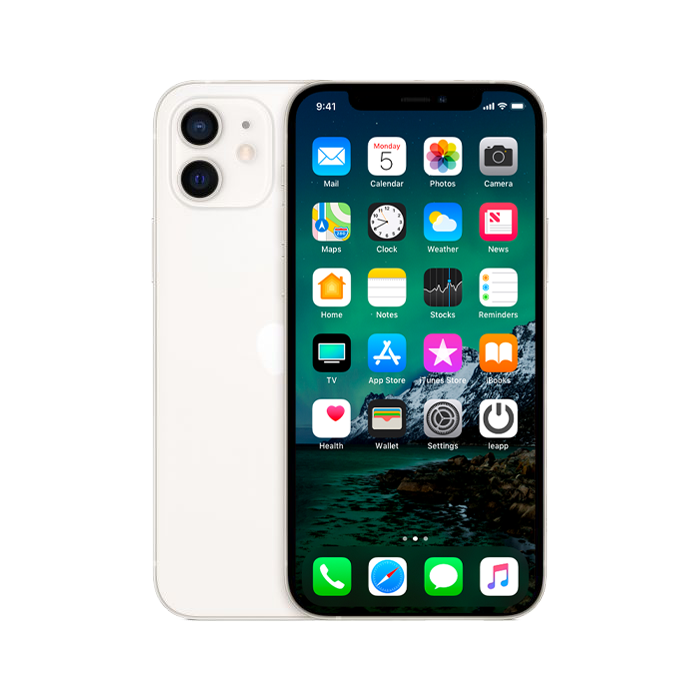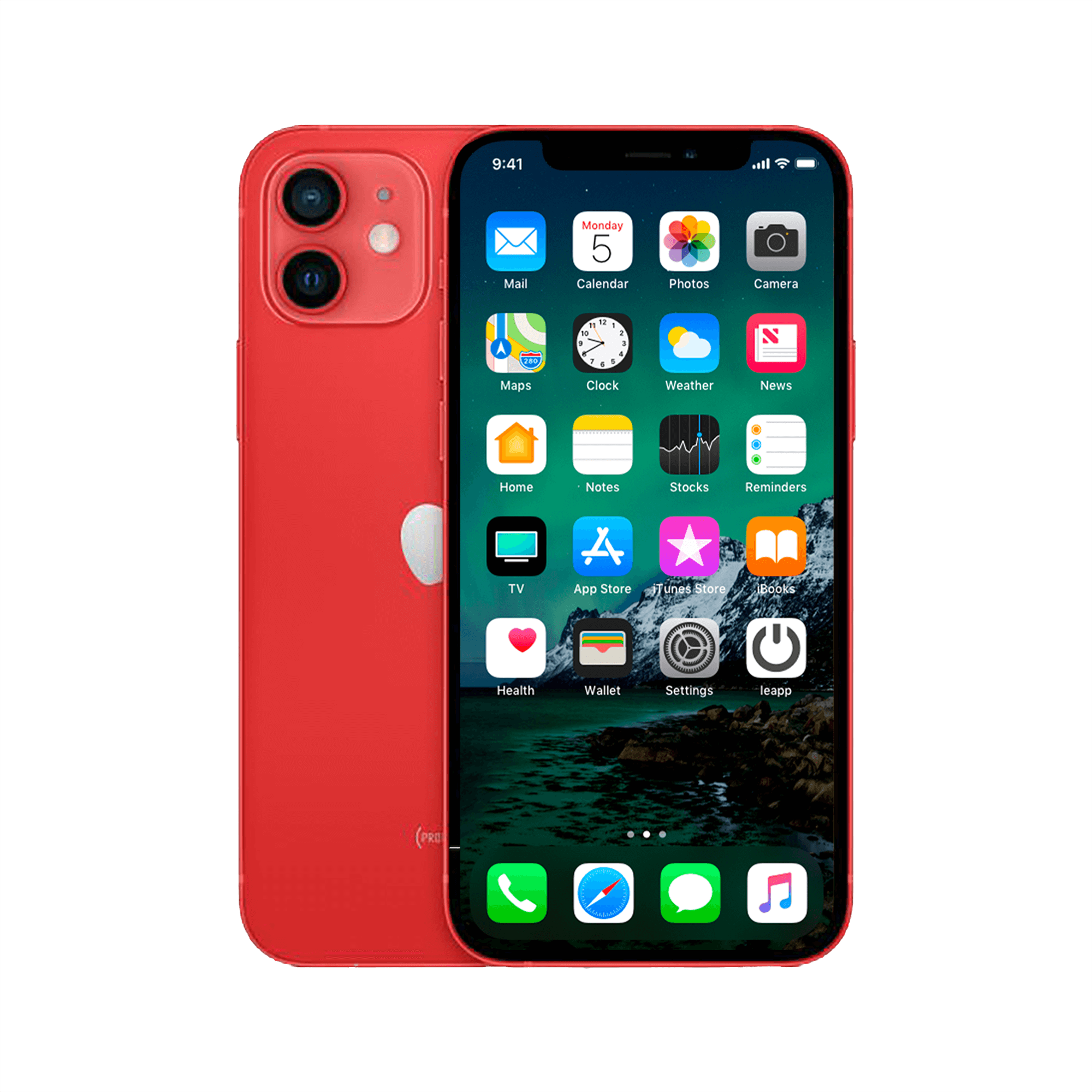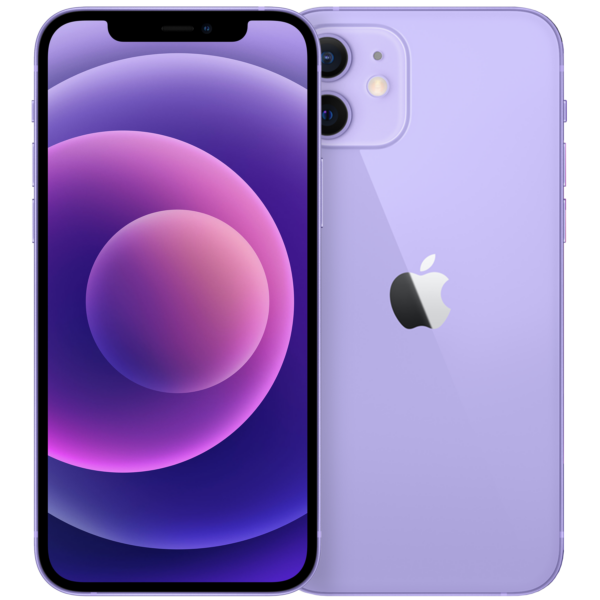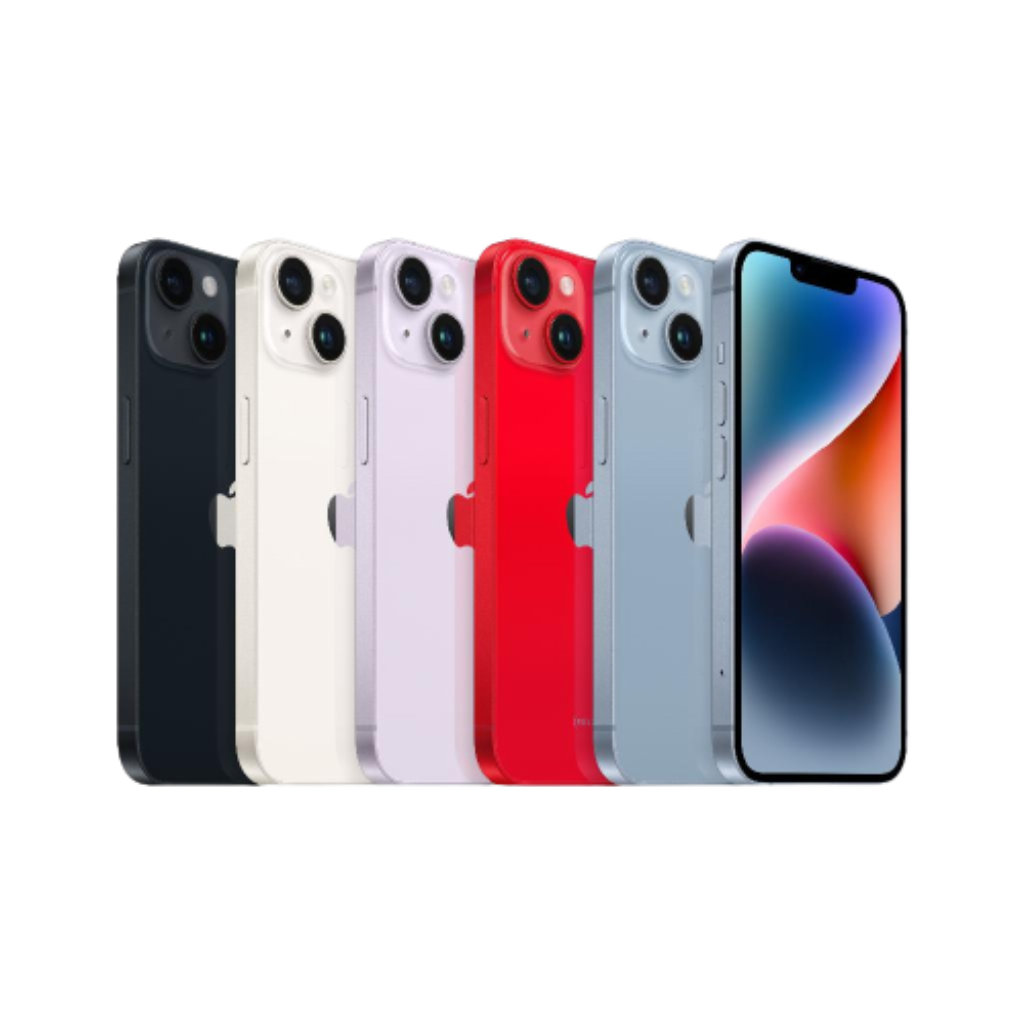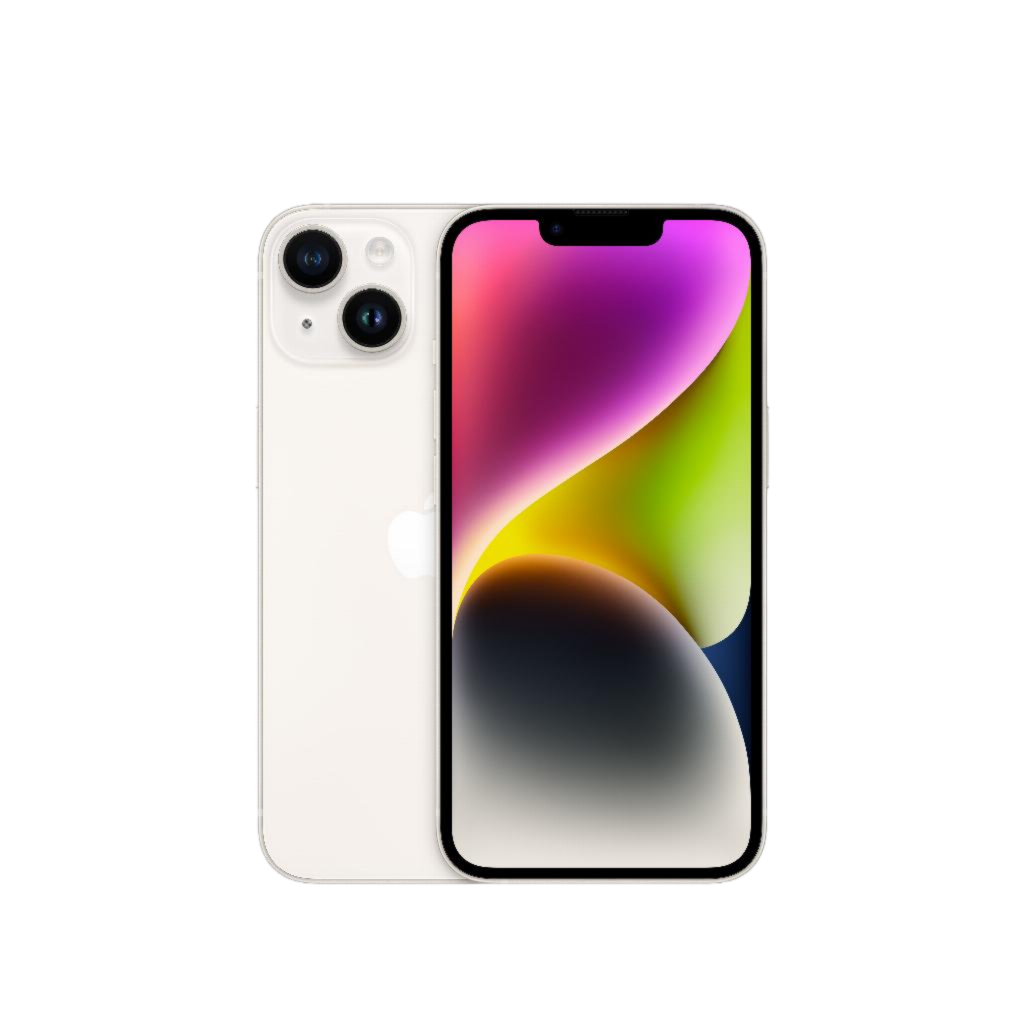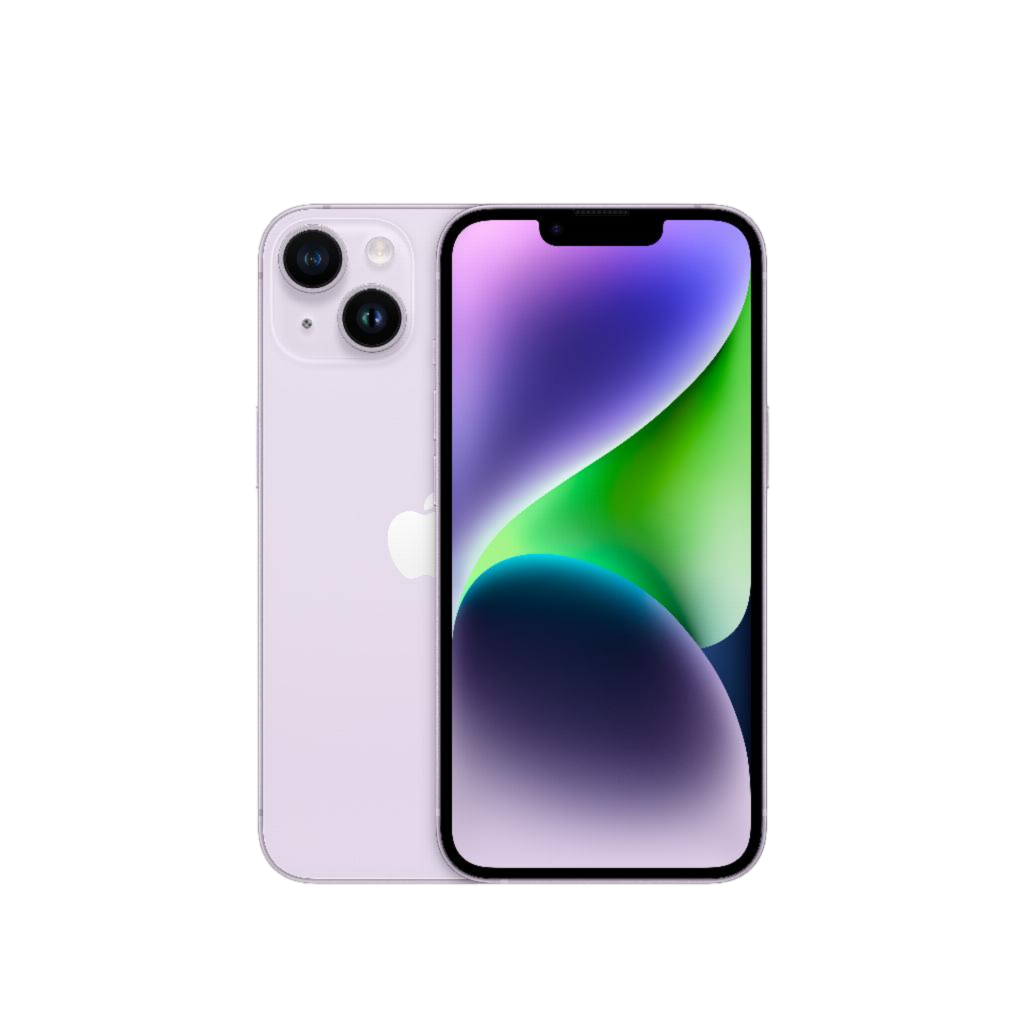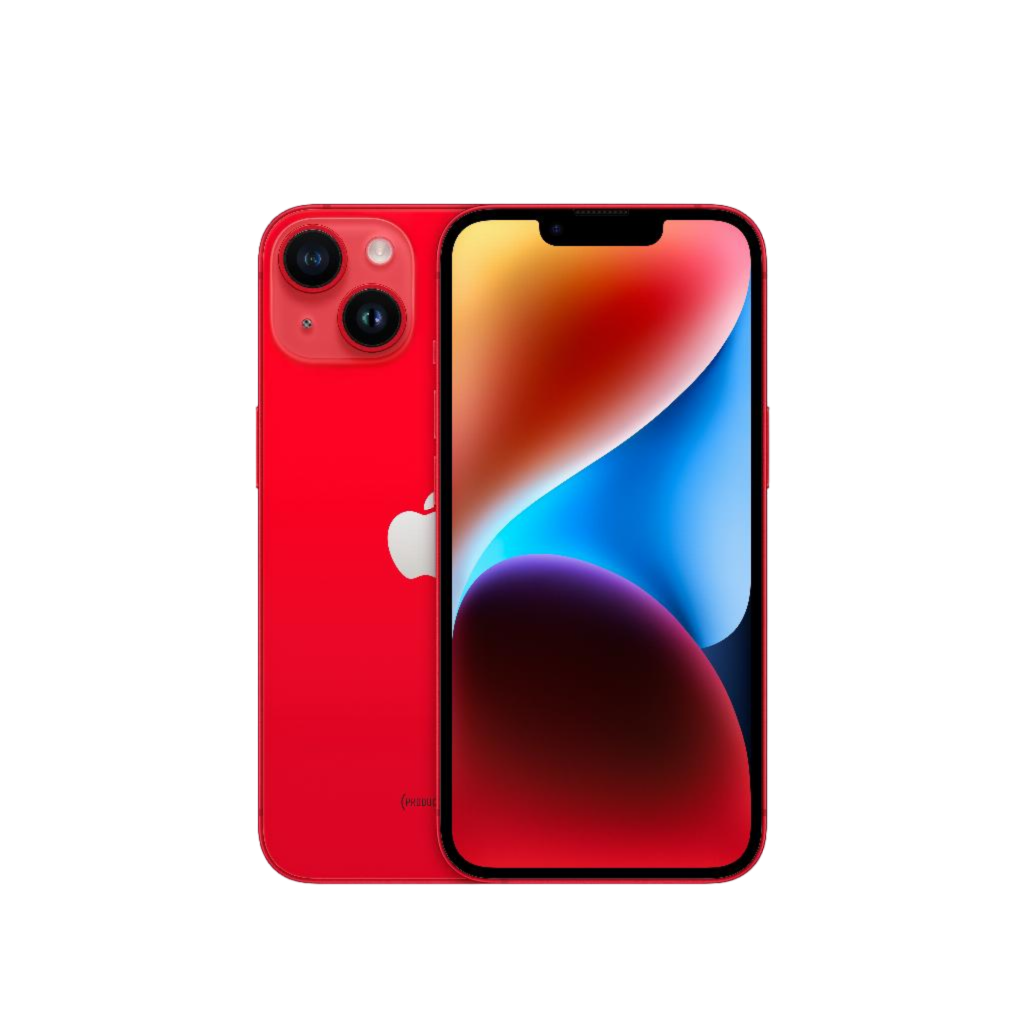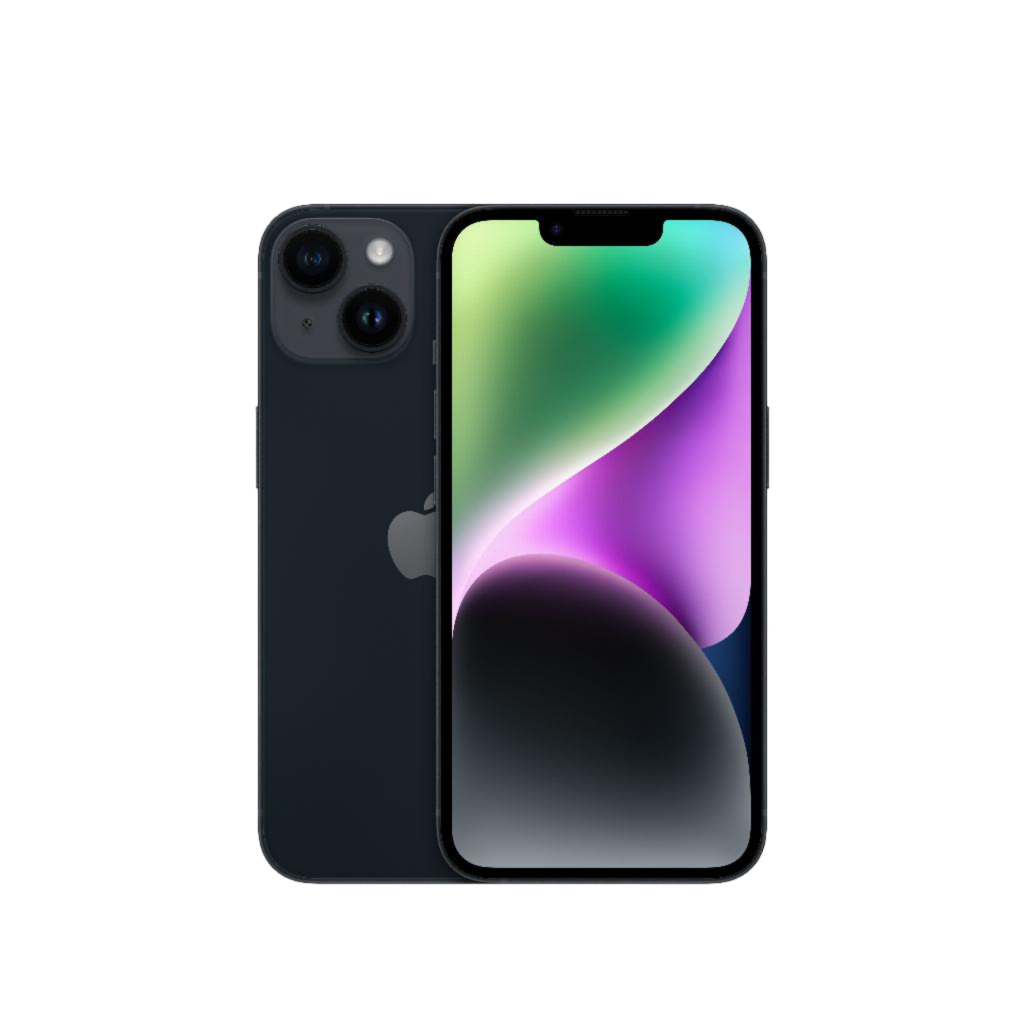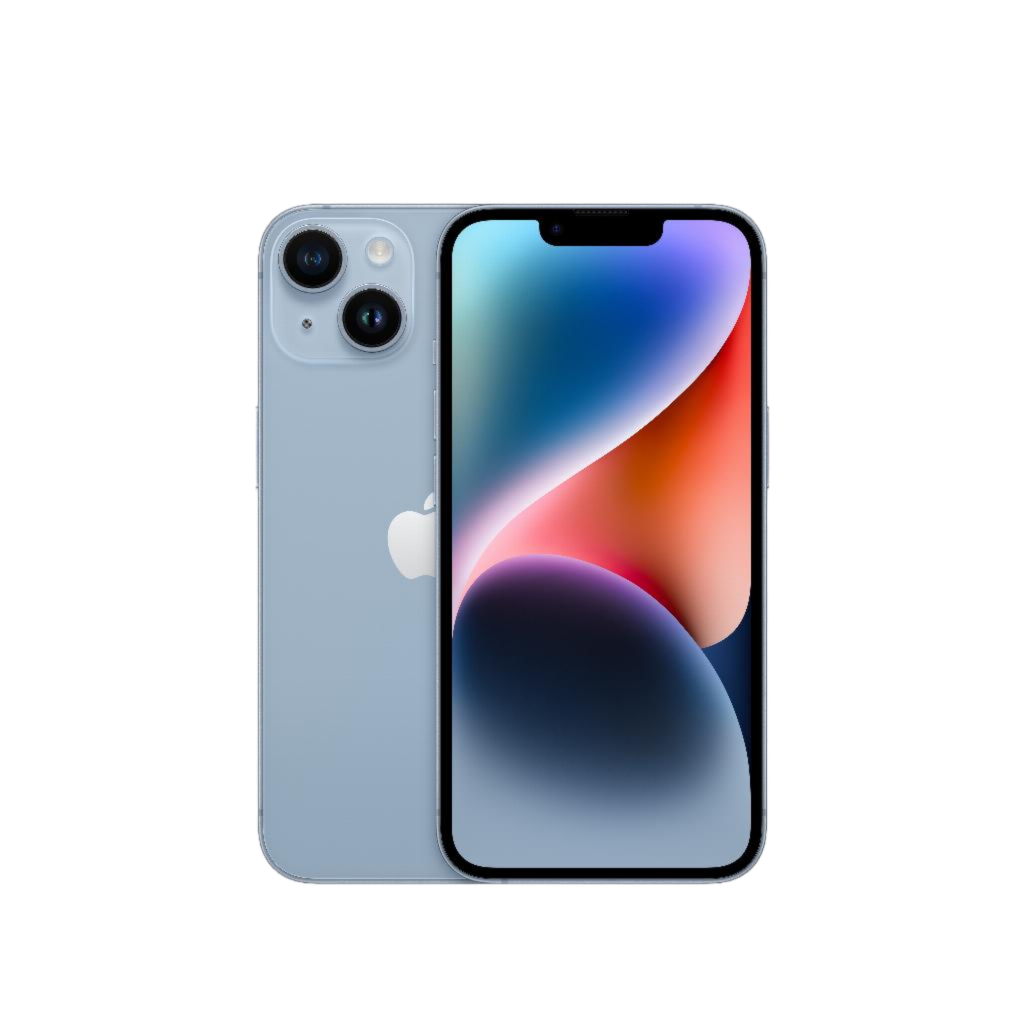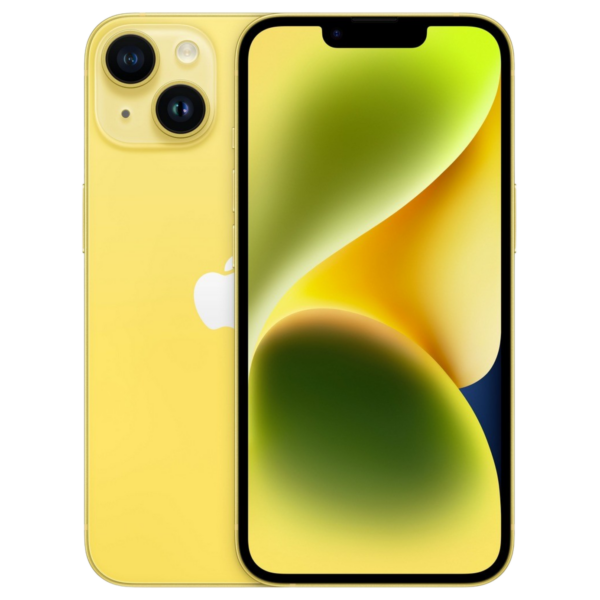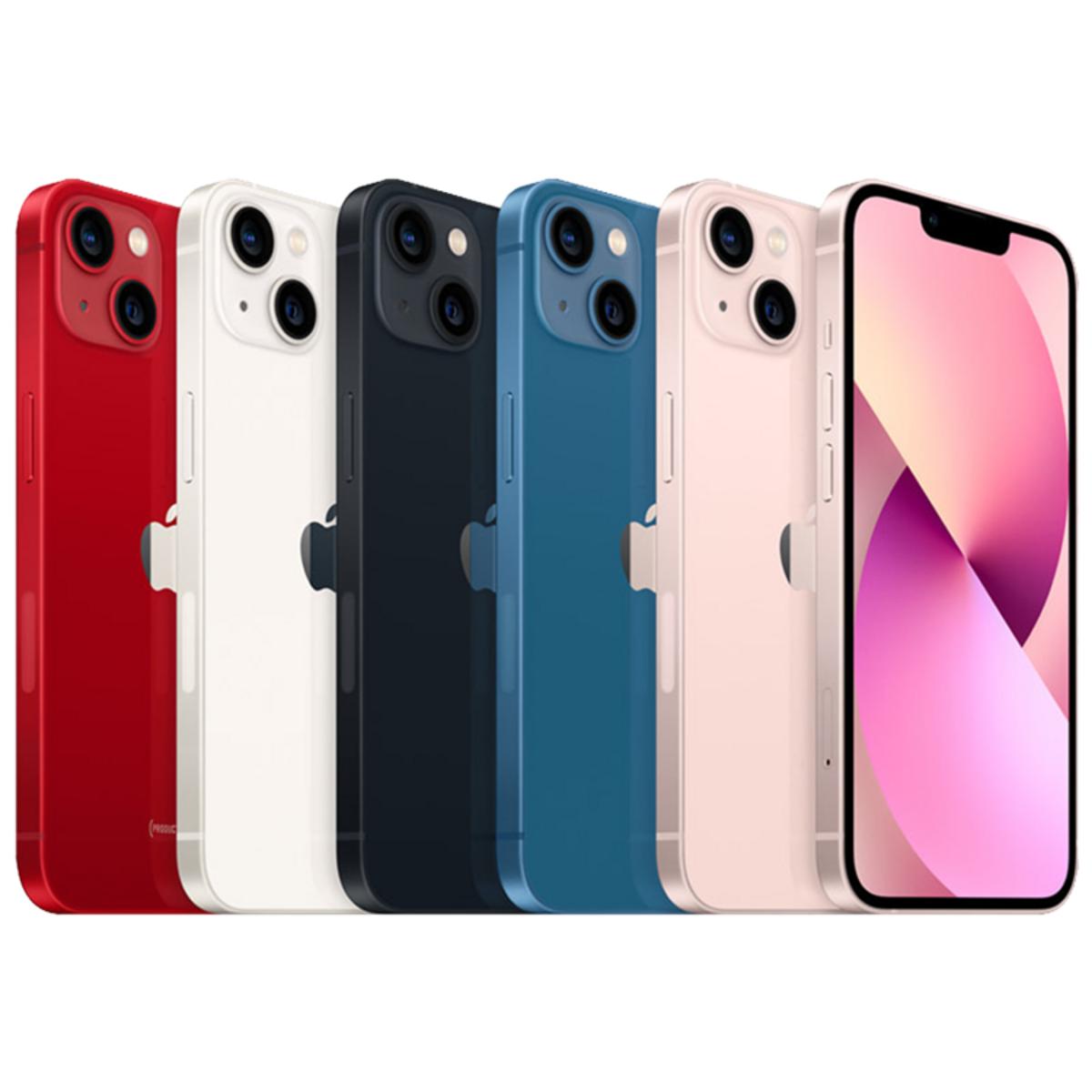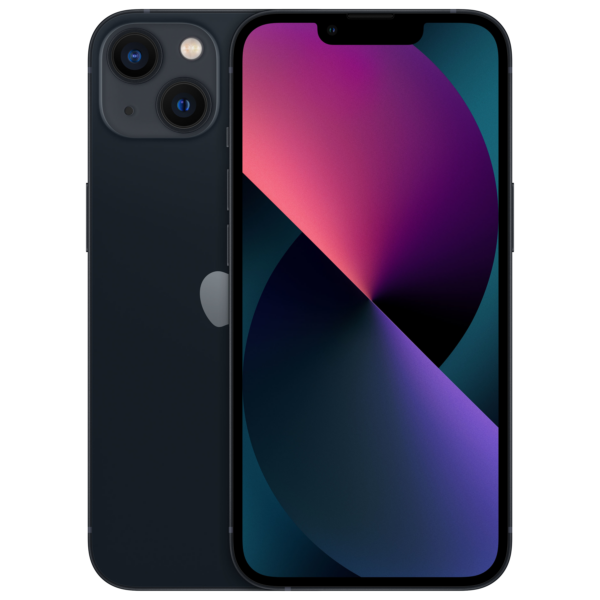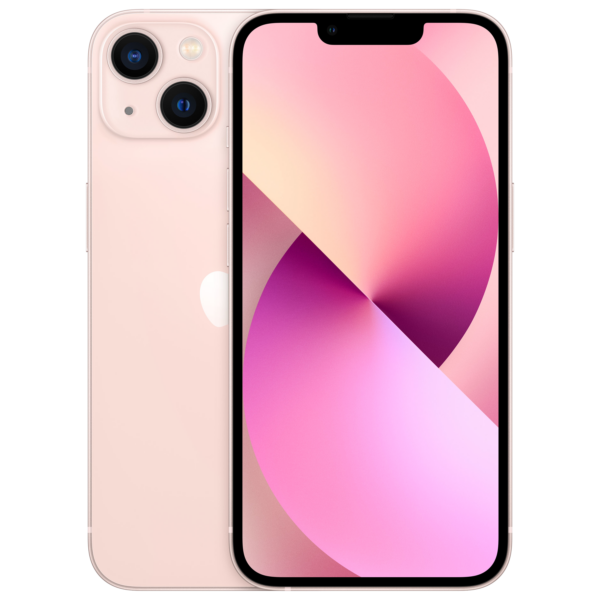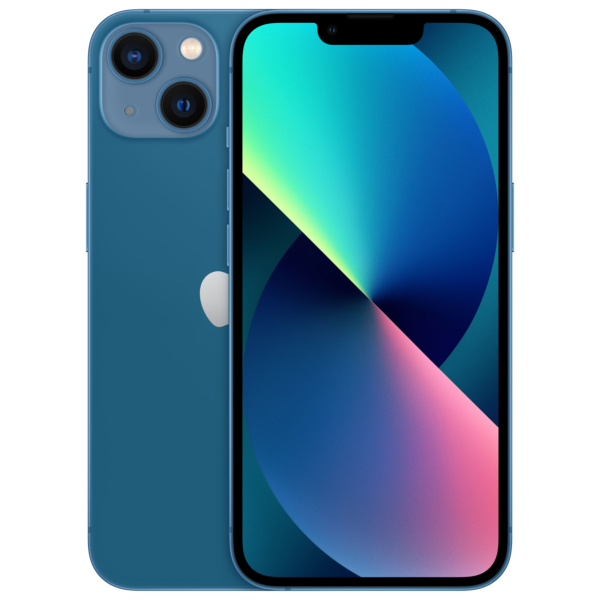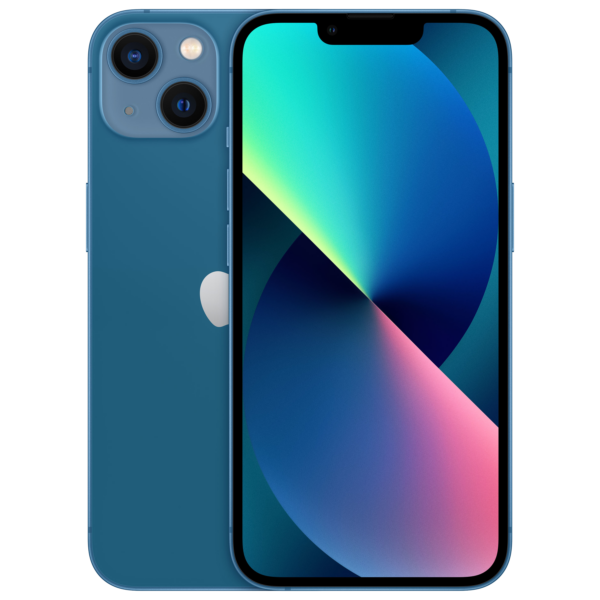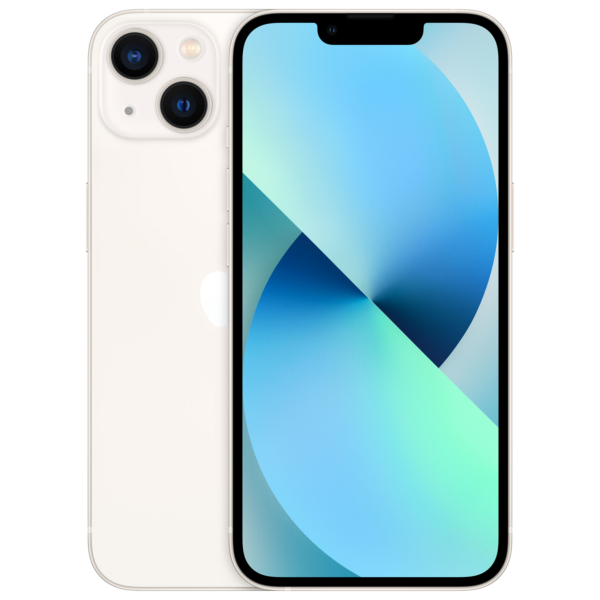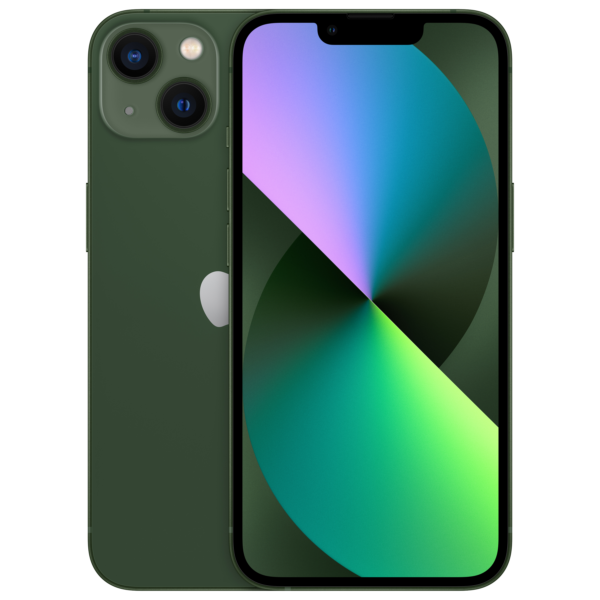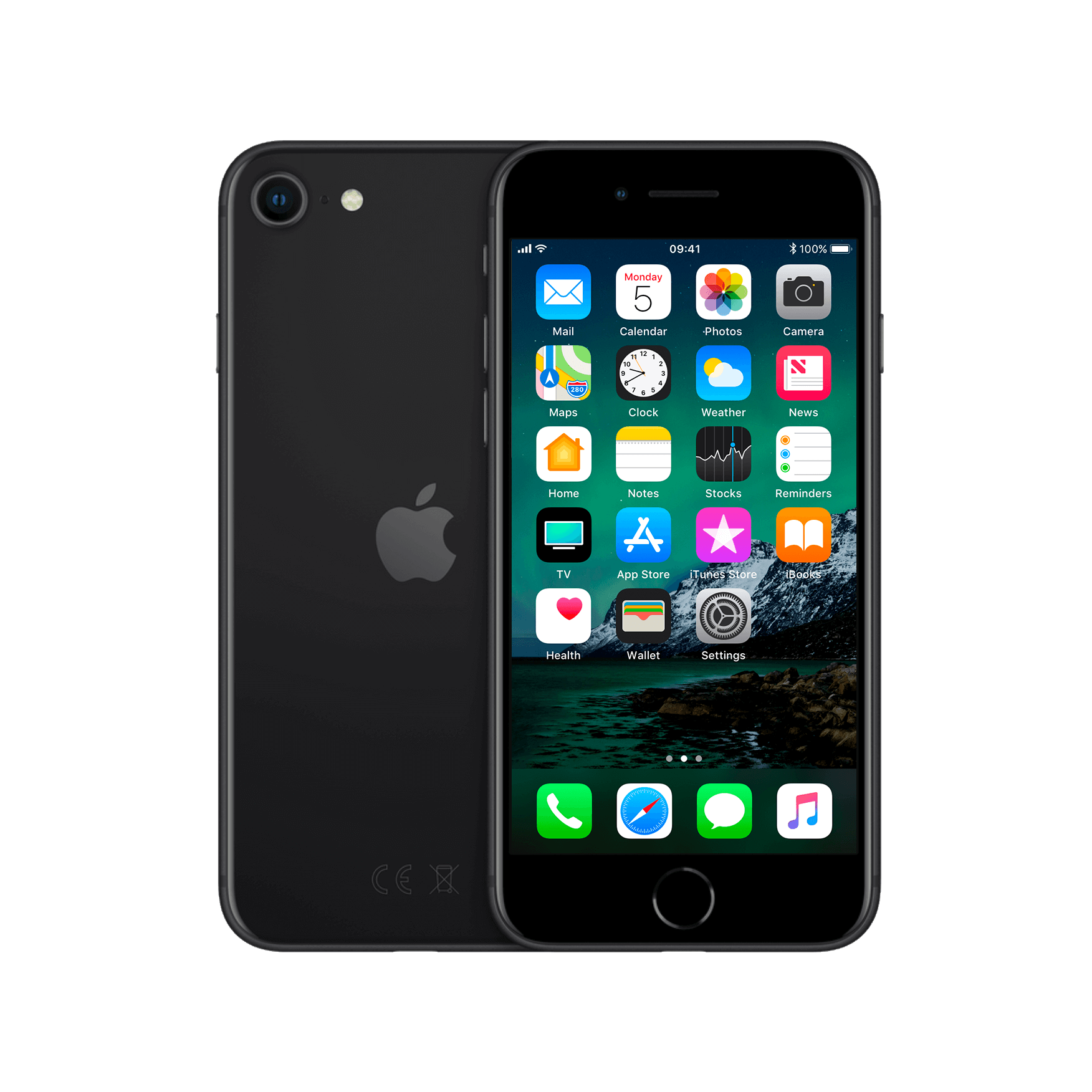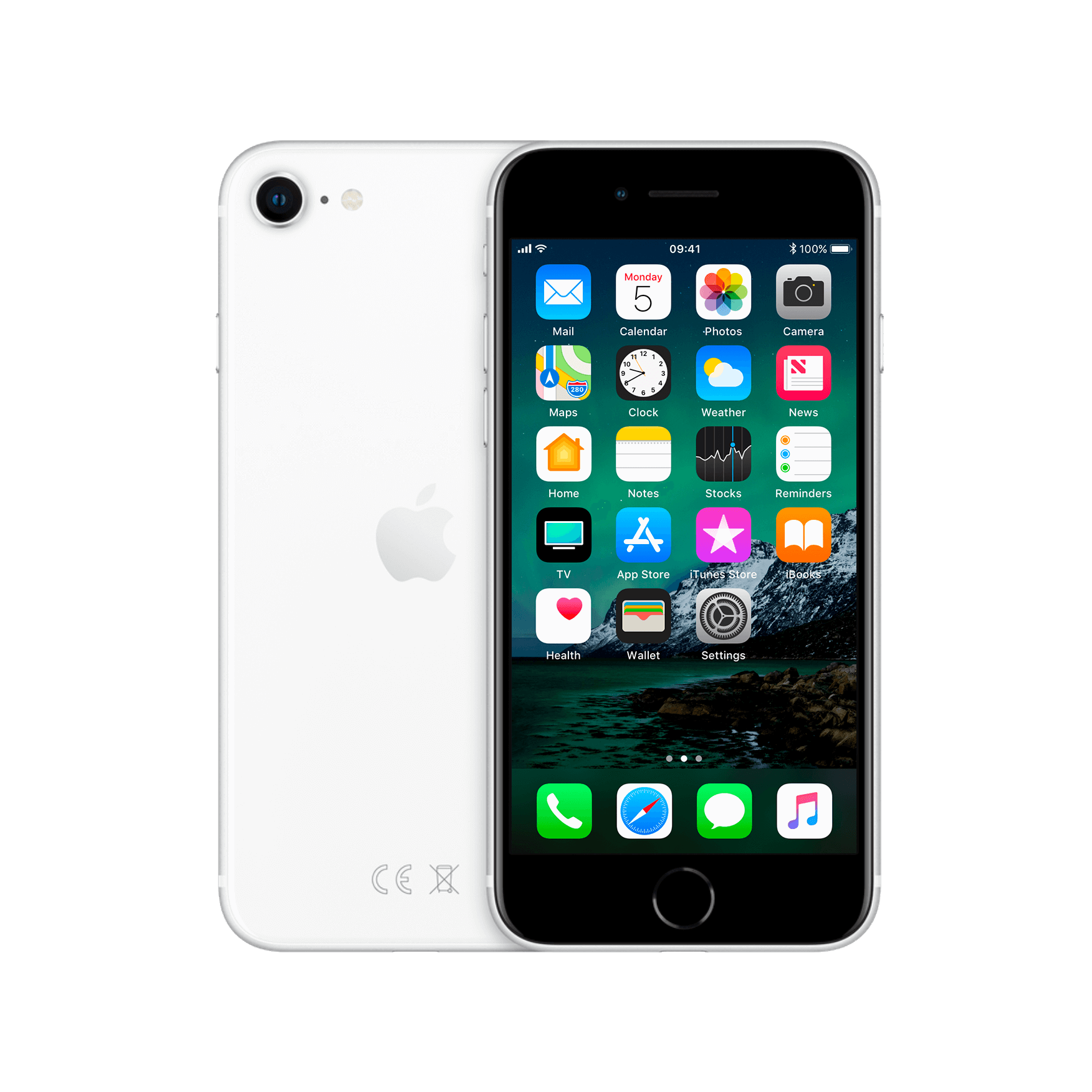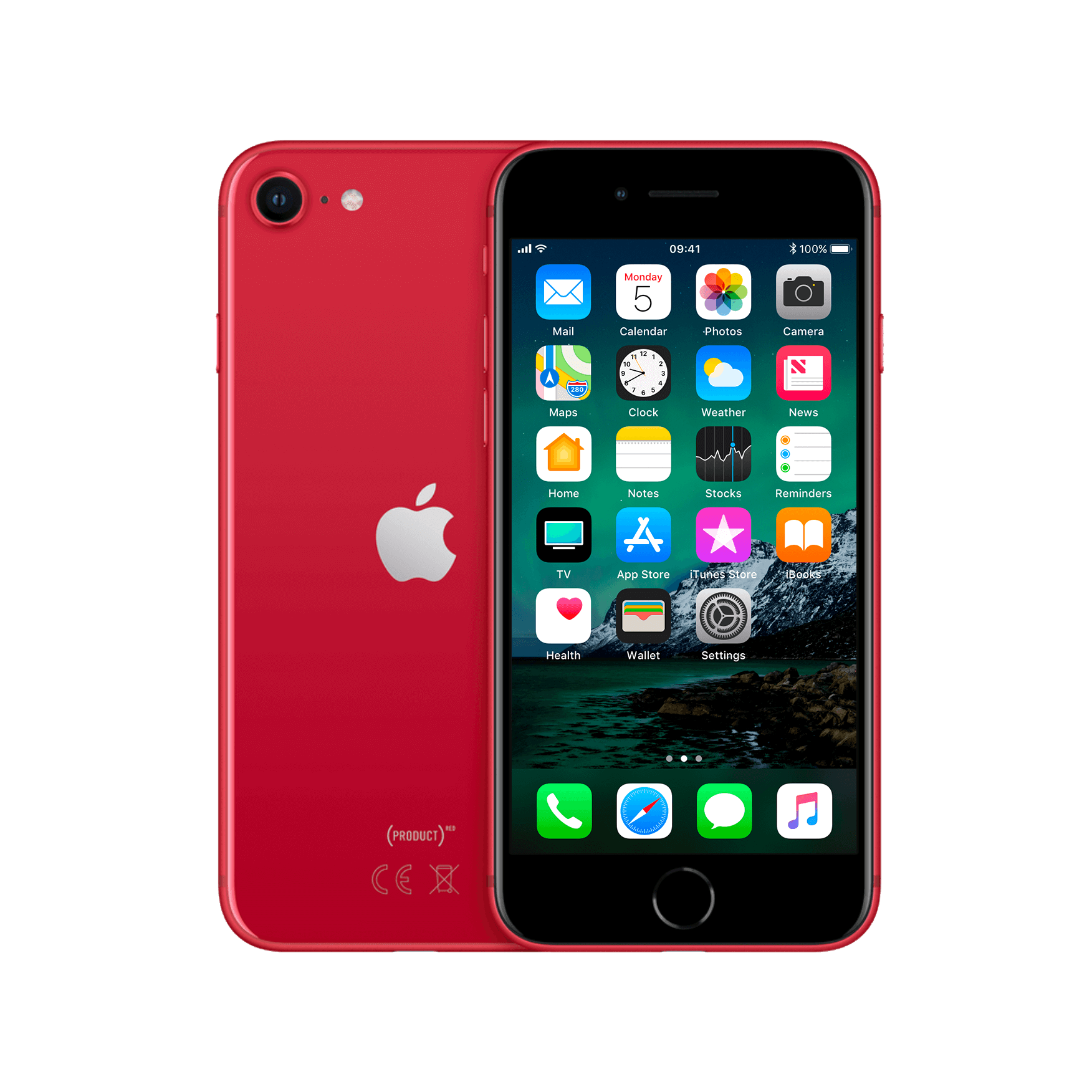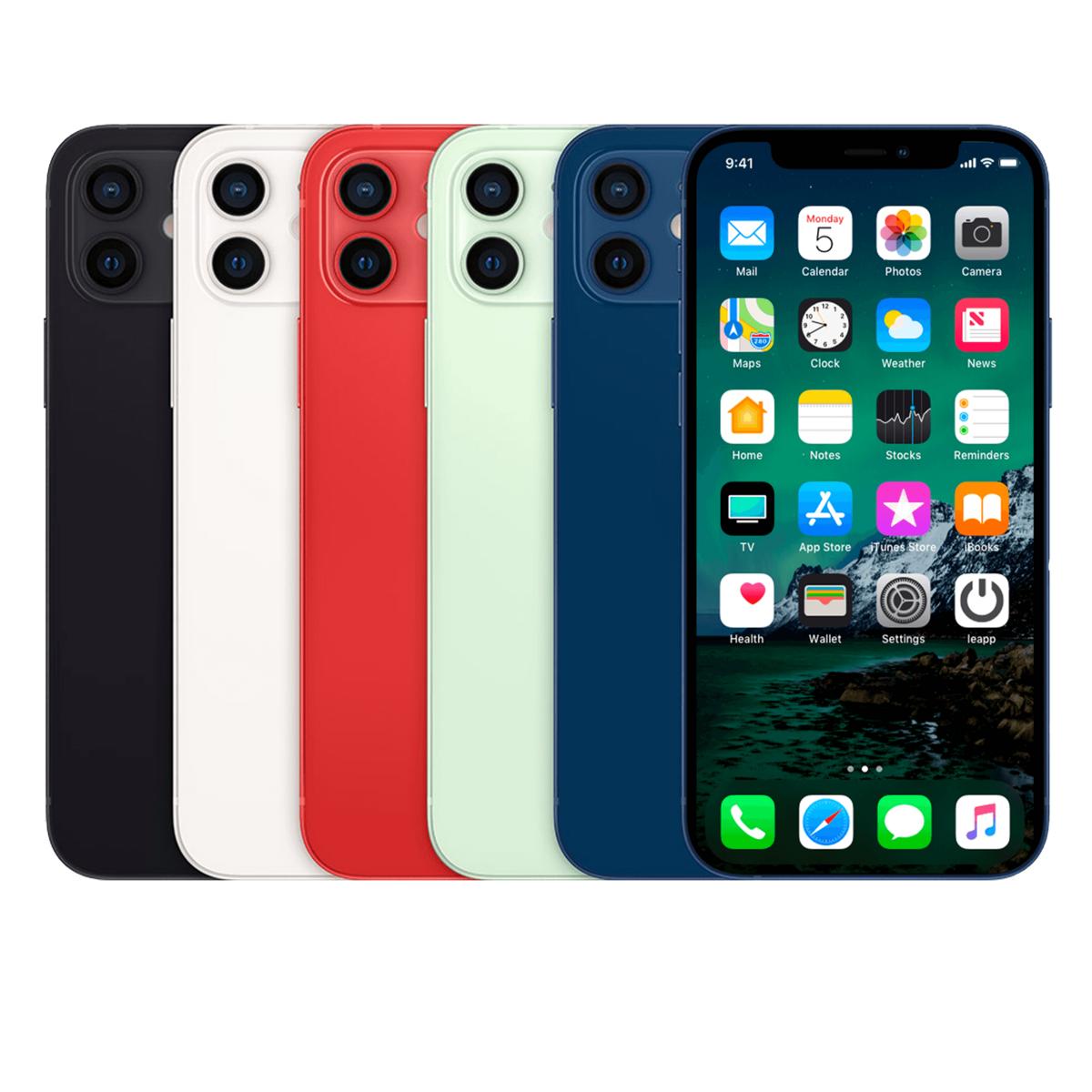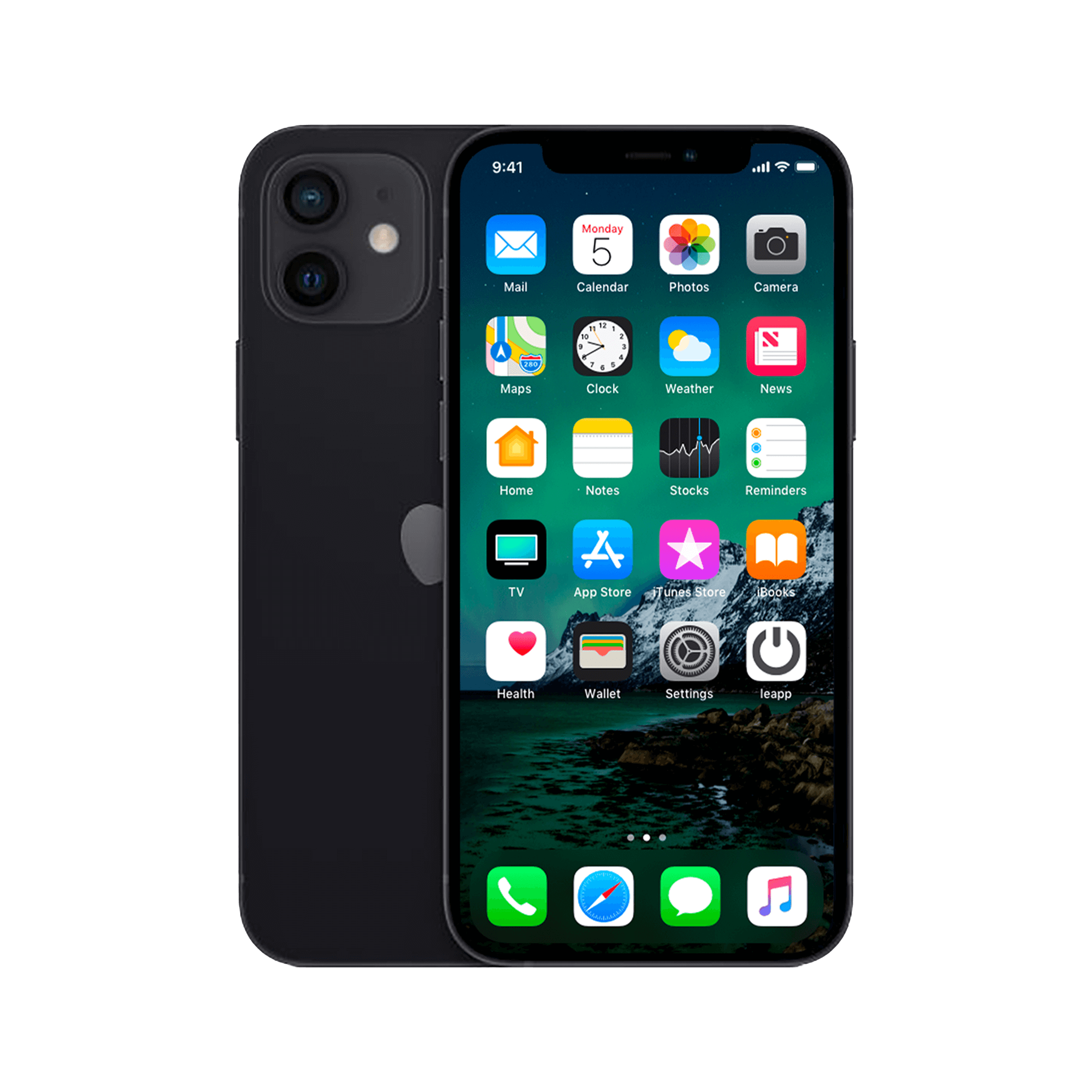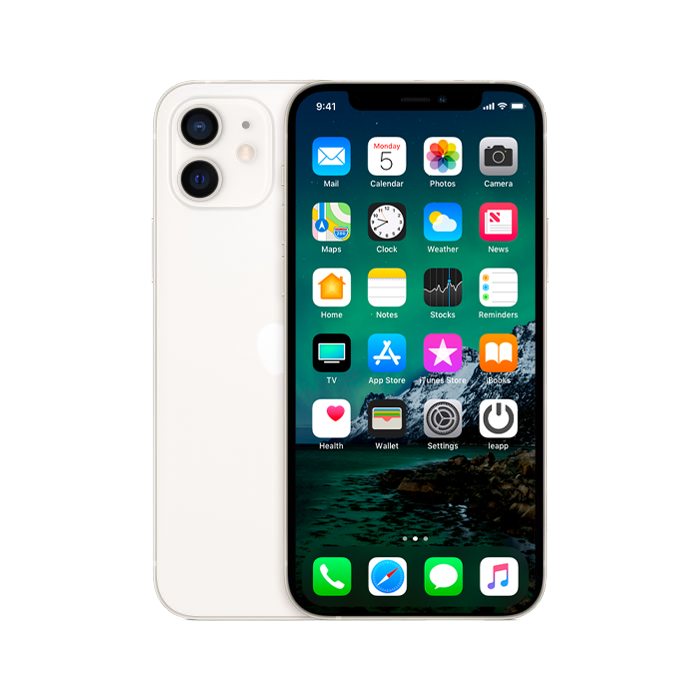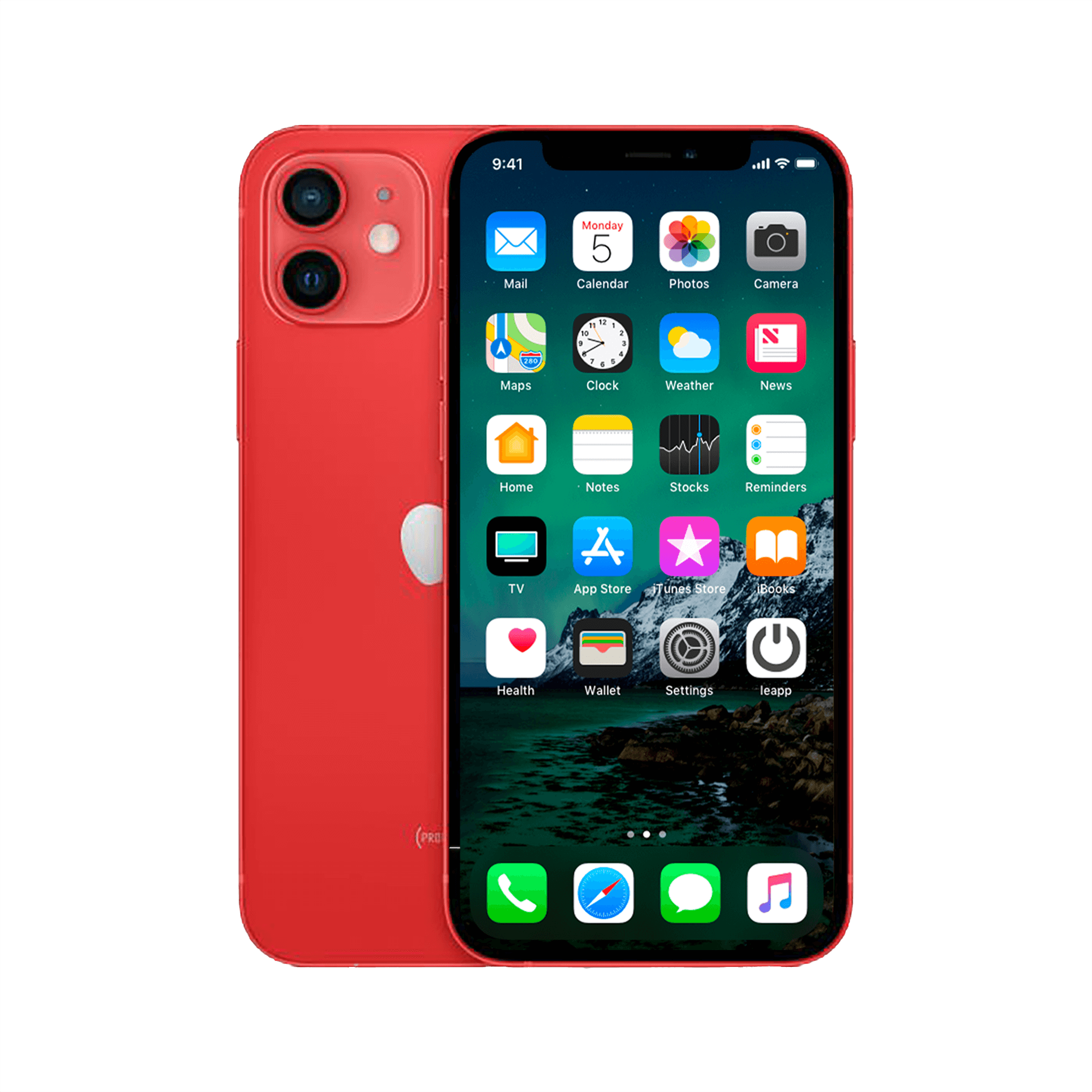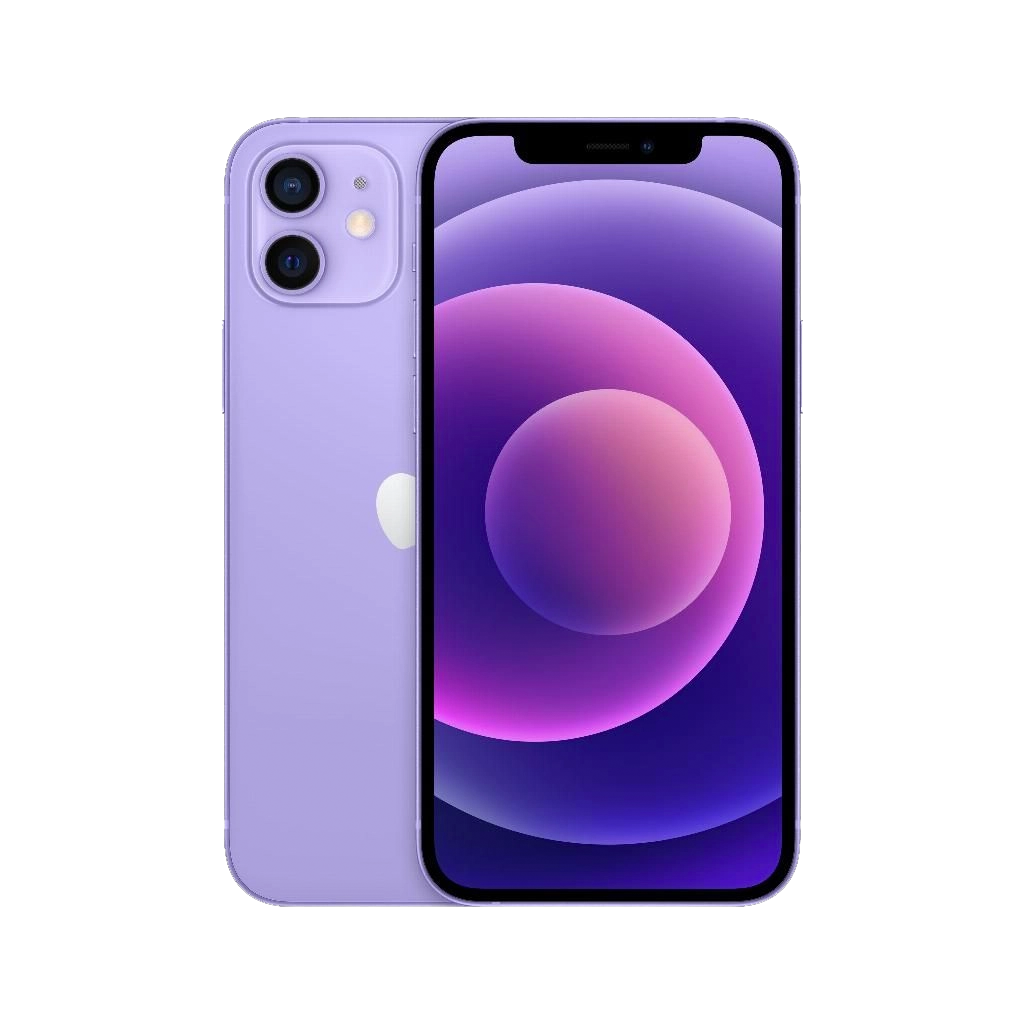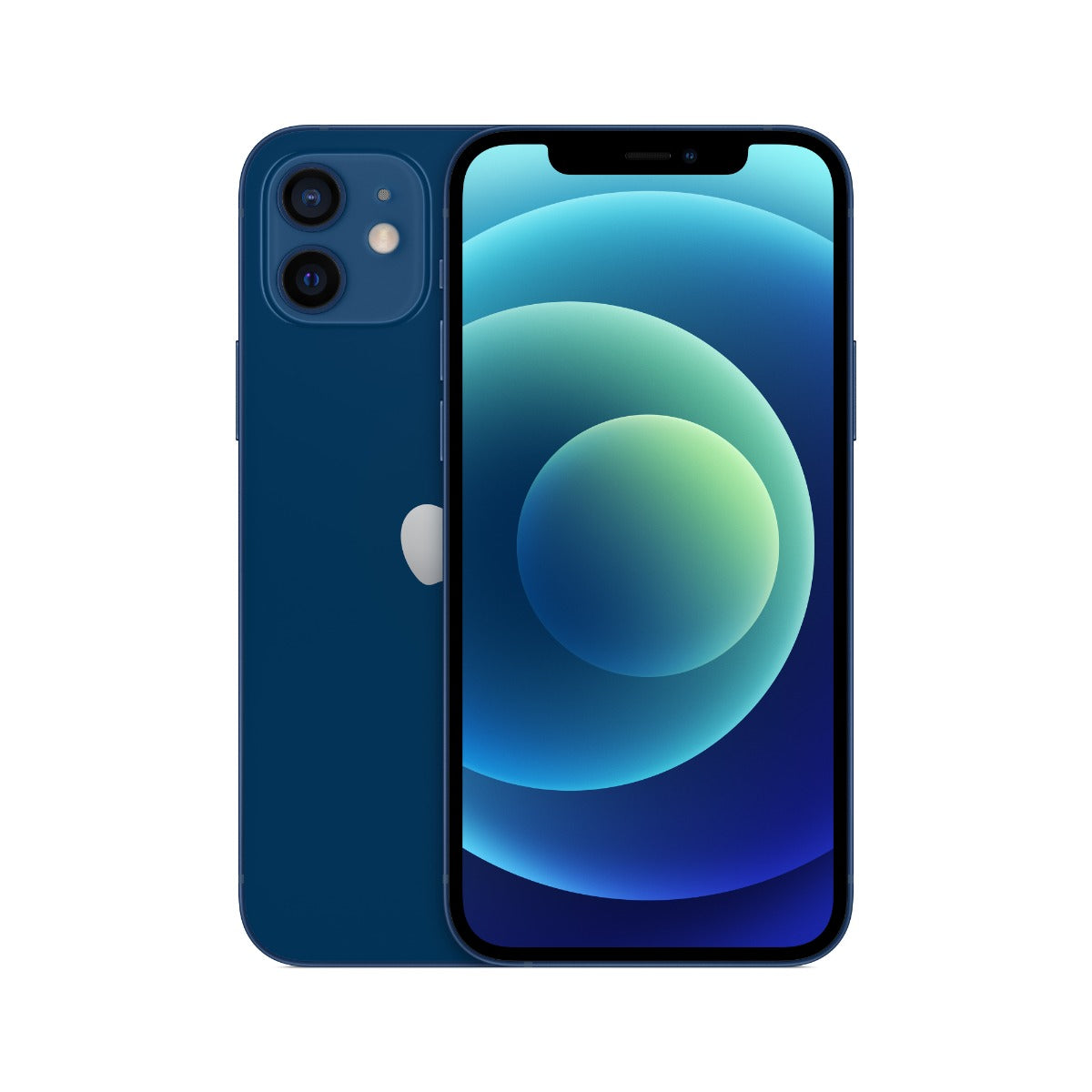iOS Updates: Why Skipping Is Riskier Than You Think
Your iPhone is performing perfectly. The battery is still holding up. The screen is scratch-free. And yet, that message pops up again: iOS update available . You're hesitant: is this update even suitable? Your apps might stop working. Or your AirPods might start acting up. But skipping updates is riskier than you think. It will determine whether you'll still be able to use online banking, WhatsApp, and whether that new case is still useful.
Useful links
- Refurbished iPhones – safe and affordable
- iPhone accessories – cases, chargers, AirPods
Which iPhone is compatible with which iOS version?
Apple follows a set schedule: approximately 5–6 years of iOS updates per device. After that, support ends—a conscious business decision , not a technical limitation. This is what it will look like in 2025:
iOS 18: The Latest Standard (2024–2025)
iOS 18 runs on all models from the iPhone XR onwards, including the iPhone 11 , iPhone 12 , iPhone 13 , iPhone 14 , iPhone 15 and iPhone 16. The iPhone SE 2022 is also still fully supported.
iOS 17: Previous generation
Available for the same devices as iOS 18, but now overtaken. The iPhone X and iPhone 8 series were excluded: no more updates. This marked the end of their security journey.
iOS 16: the farewell for older models
iOS 16 was the last update for the iPhone X and the first iPhone SE 2020 . Models from the iPhone XR onwards continued, but those who stuck on iOS 16 quickly lost apps.
Older versions (iOS 15 and lower)
iOS 15 still supported the iPhone 7 and 8. iOS 14 went back to the iPhone 6s. Anything below that—like the iPhone 5s or SE 2016—is practically unusable. No security, no modern apps.
Why compatibility really matters
Security
Every update closes vulnerabilities. A device without updates is an open door for hackers. Banks and apps like WhatsApp actively block older iOS versions.
Apps and functionality
New apps often require at least iOS 15 or 16. Even existing apps stop updating to older versions. You'll miss out on features and stability.
Performance and battery
Apple is also optimizing older devices. An iPhone 11 runs noticeably better on iOS 18 than on iOS 14. Updates improve efficiency and battery life.
Practical tips for safe updating
- Check your version: Settings > General > About
- Always make a backup: via iCloud or Finder/iTunes
- Please wait: do not install on day one, but wait for the first bugfix update
When is a new iPhone needed?
Signs that your device is written off:
- No more iOS updates
- Apps not working or crashing
- Battery barely lasts half a day
- Touchscreen responds slowly
- New accessories (such as AirPods ) are not working properly
In that case, choose a refurbished iPhone 12 or iPhone 13. These still have years of iOS support and are much cheaper than a new one.
The future of iOS support
Pattern: 5–6 years of updates per model. The iPhone 11 (2019) will likely last until iOS 20. An iPhone 13 purchased in 2025 will remain usable until at least 2030.
Conclusion
iOS compatibility is about security and usability, not just new features. A device without updates becomes unusable within a year. Are you close to your limit? Choose a refurbished iPhone with years of support. This way, you can stay safe online without breaking the bank.



